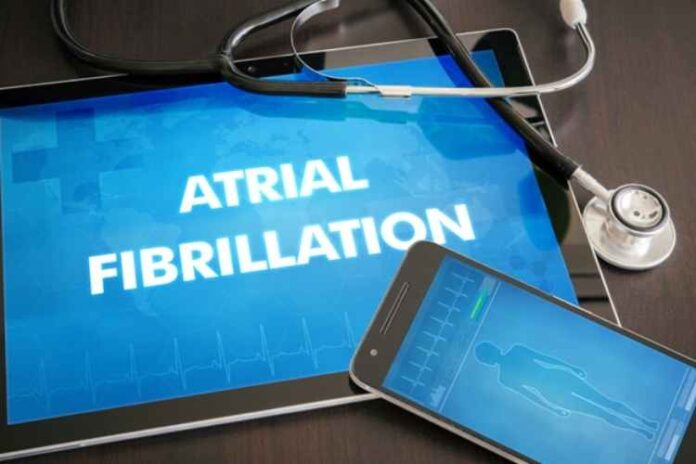Atrial fibrillation is no joke. Three to six million Americans live with the condition, and as many as 16 million may have it by 2050.
Atrial fibrillation (AFib) can cause heart attacks, strokes, and organ damage. Yet it does not have to be a death sentence. You can start living with atrial fibrillation once you know a few tips to promote your heart health.
How should you adjust your diet and exercise routines? Who should you go to for support? What symptoms indicate that you should go to the hospital?
Answer these questions and you can live a full life with AFib. Here are five essential tips you should follow.
1. Eat a Good Diet
A diet high in cholesterol or fat can make the signs of atrial fibrillation more significant. You should try to limit your consumption of fatty foods, including butter and margarine.
At the same time, you should not cut all fats out of your diet. Monounsaturated fats can improve heart health and cardiovascular performance. You can find these fats in legumes, nuts, and leafy vegetables.
2. Be Careful With Exercise
Exercise can also improve your heart health and make coping with atrial fibrillation better. However, vigorous exercise can cause your heart rate to skyrocket and can trigger complications.
You should try mild exercises like walking, lifting weights, and climbing stairs. You can exercise once a day if you are feeling up for it and if you are giving yourself time to rest afterward.
3. Relieve Your Stress
Stress can send your heart rate up and trigger AFib. Whenever you are feeling overwhelmed, you should take a deep breath or perform some meditation. If you want to get up and move, you can perform some yoga poses or take a shower.
4. Get Help From Atrial Fibrillation Specialists
Your personal physician can give you an atrial fibrillation diagnosis and start you on atrial fibrillation treatment. But you should get a second opinion from a cardiologist, especially with your treatment options.
You may also want to speak to an electrophysiologist, who is a specialist in heart rhythm conditions. They can give you more info on AFib and tell you about the latest treatments.
5. Go to the Emergency Room When You Need It
Extreme symptoms of atrial fibrillation include lightheadedness, chest pain, and shortness of breath. If you feel these symptoms, you should go to the hospital, as your heart may not be pumping enough blood. You should also get attention if you have high blood pressure or a severe headache.
Start Living With Atrial Fibrillation
You may be living with atrial fibrillation for years to come. You should avoid saturated fats and increase your intake of unsaturated fats. You should also be more careful with your exercise so you don’t stress your heart.
When you encounter emotional stress, you should perform deep breathing to slow your heart rate down. To get more precise treatments, you must visit an electrophysiologist. Go to an emergency room if your pain becomes severe.
Your heart health is under attack. You can fight back with facts. Read more AFib guides by following our coverage.


























